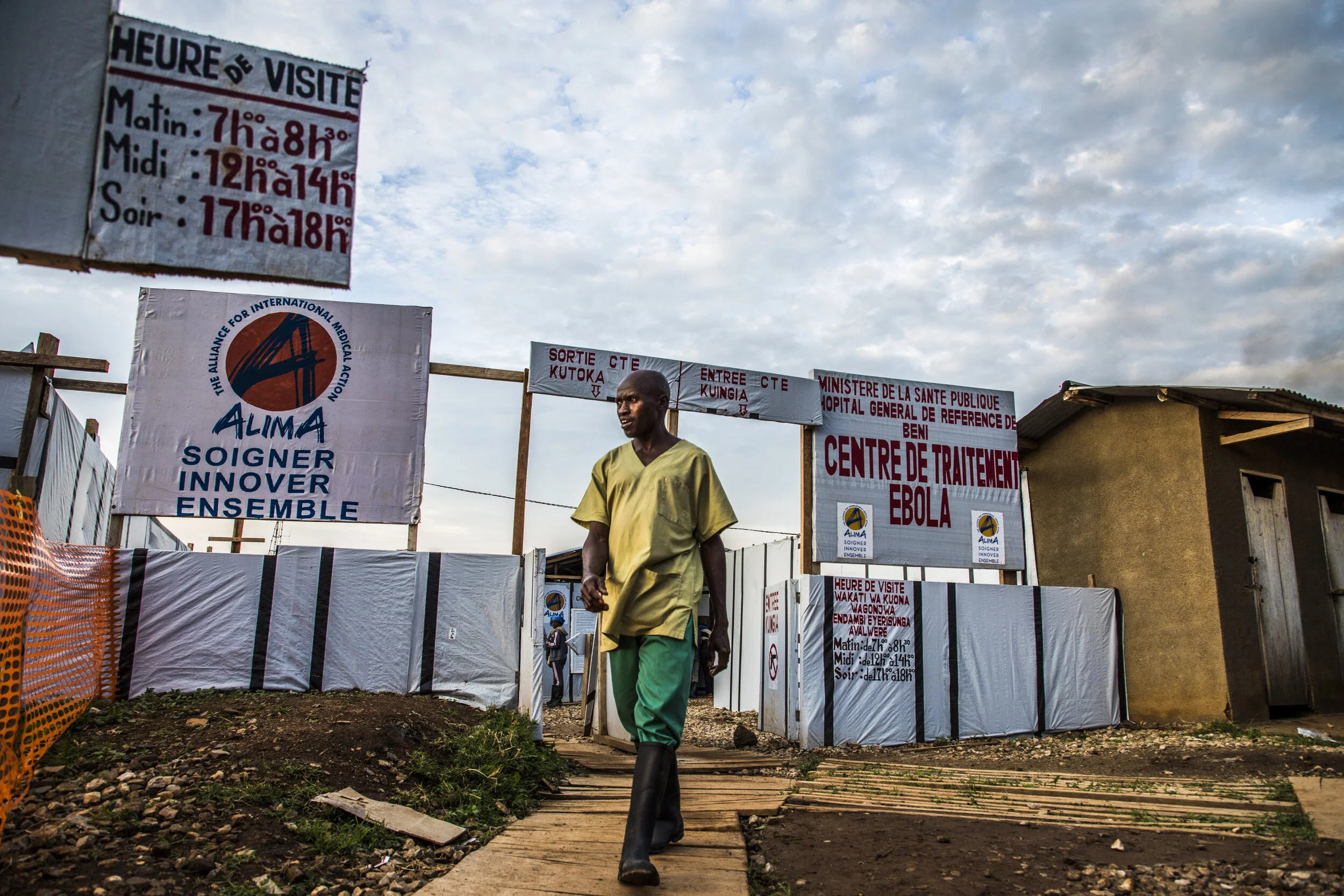On July 1, Reuters reported that thousands of Moroccan women were brought over to Spain’s southern Huelva province as essential workers to harvest strawberries in the midst of the coronavirus pandemic. These women were housed in “abysmal conditions and without basic hygiene,” according to Olivier De Schutter, the United Nations Special Rapporteur on extreme poverty and human rights. De Schutter told Reuters that the migrant workers are housed in overcrowded settlements with “poor access to water and sanitation … no ventilation of work spaces ... absence of cleaning of any surfaces or objects.” CNN reported that more than 7,000 Moroccan workers are now stranded in Huelva province after Morocco closed its borders in order to stem the spread of COVID-19. The workers, desperate to get home to their families, have no money and nowhere to go.
The exploitation of Moroccan migrant workers—women in particular—in Spain is not new, but during the middle of a global pandemic the disregard for the migrant workers’ lives is made more apparent.
For years, Moroccan women have reported that they have been sexually assaulted and harassed, abused, forced to work in unsafe conditions, and not been paid their full wages. Many of these reports come from workers on the strawberry farms.
Spain is the largest exporter of strawberries in the European Union. The fruit is so vital to Spain’s economy that it is sometimes called “red gold.” The strawberry farms in Huelva produce 97% of the summer fruit. “The delicate fruits - which sell for around 3 euros per kilogram in Spanish supermarkets - are harvested by the hands of thousands of migrant workers, including between 14,000 and 19,000 temporary laborers from Morocco. During harvest, workers often live in crowded huts on the farm and rarely get a glimpse of life beyond the strawberry fields,” according to Middle East Eye.
In 2001, Spain and Morocco signed a labor agreement granting Moroccan women temporary visas to harvest fruit in Spain under specific conditions: the women had to be poor and they had to be mothers. These requirements ensure that the women are desperate for work and will not stay in Spain as they have a family they have to get back to in Morocco.
In July 2019, The New York Times reported on the exploitation of Moroccan women on Spanish strawberry farms. 10 women who worked on the Donana 1998 d’Almonte farm filed lawsuits that included “accusations of sexual harassment and assault, rape, human trafficking and several labor violations.” The women had been promised high wages, training and accommodations with a kitchen and washing machine with four women per room. Instead, the women lived in dusty, overcrowded rooms with windows covered in cardboard. “I felt like a slave. Like an animal. They brought us to exploit us and then to send us back. I wish I drowned in the sea and died before arriving in Spain,” one woman told The New York Times.
Workers’ unions and human rights groups like Women’s Link Worldwide are advocating on behalf of the Moroccan women. On June 3, Women’s Link and seven other organizations sent an urgent report to the U.N. warning of the risk COVID-19 poses for the Moroccan women and other seasonal migrant workers on the strawberry farms. They have asked the U.N. “to issue a joint statement to the competent authorities of Spain and Morocco and the businesses involved demanding protection for the health and rights of migrant workers in Huelva.” Women’s Link further specified that the protections should be long term and not last only for the duration of the coronavirus pandemic.
In 2019, Women’s Link represented four women who had been hired to work in Huelva in 2018. The four women were told they would have continuous employment for three months and a trial period of 15 days, with housing provided at no extra cost. When the women arrived in Spain, they discovered the conditions were not what they had been promised. In addition to having an unpaid trial period that would last an entire month, the women were expected to work longer hours for less pay, and the cost of accommodation would be deducted from their wages. According to Women’s Link, the four women also “reported the sexual harassment they suffered at the hands of the field manager.”
The field manager in question is currently under investigation and is awaiting trial by a court in the town of Moguer.
Asiya Haouchine
is an Algerian-American writer who graduated from the University of Connecticut in May 2016, earning a BA in journalism and English. She was an editorial intern and contributing writer for Warscapes magazine and the online/blog editor for Long River Review. She is currently studying for her Master’s in Library and Information Science. @AsiyaHaou
Asiya Haouchine







